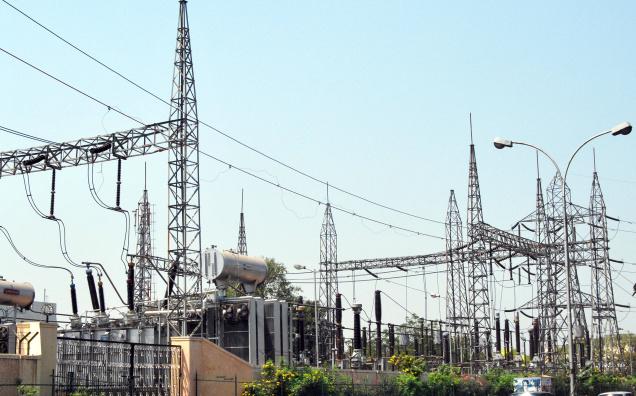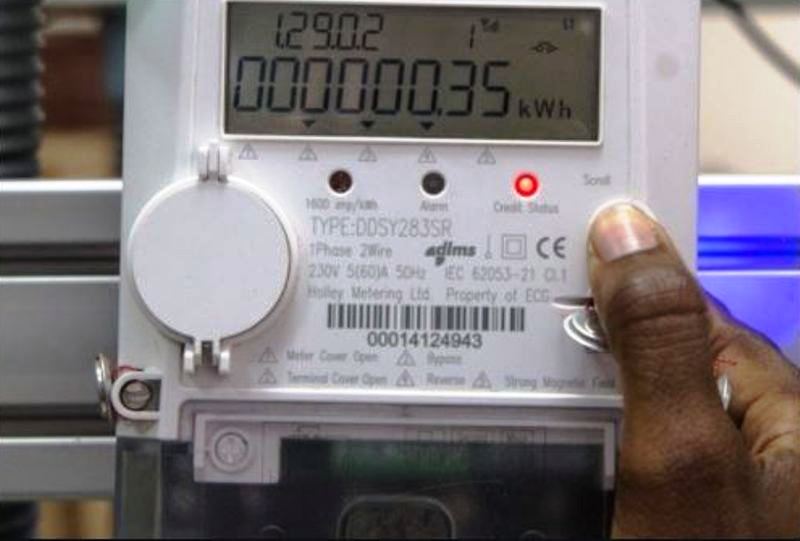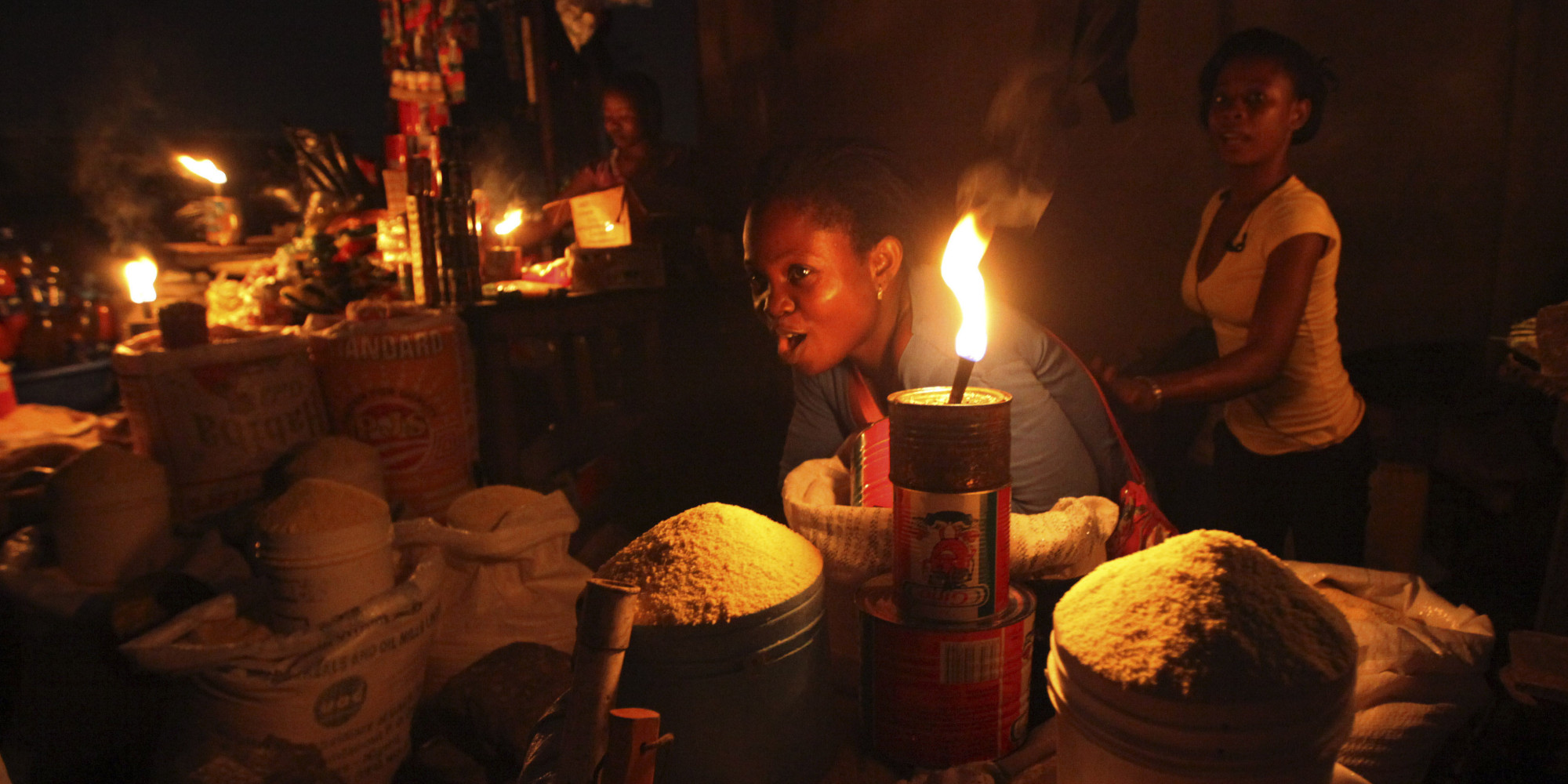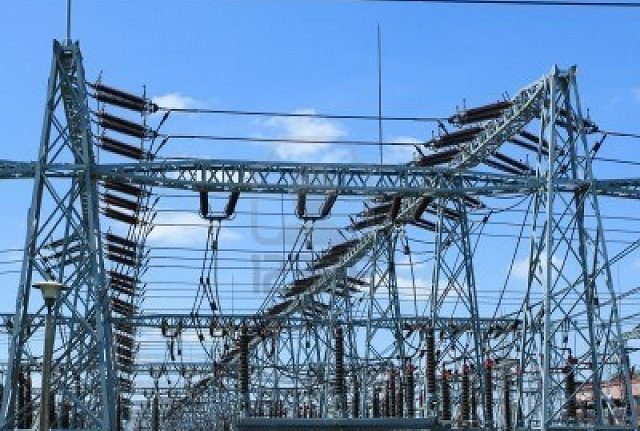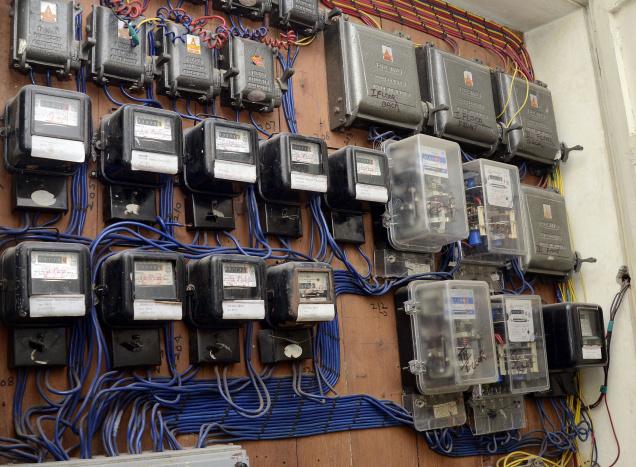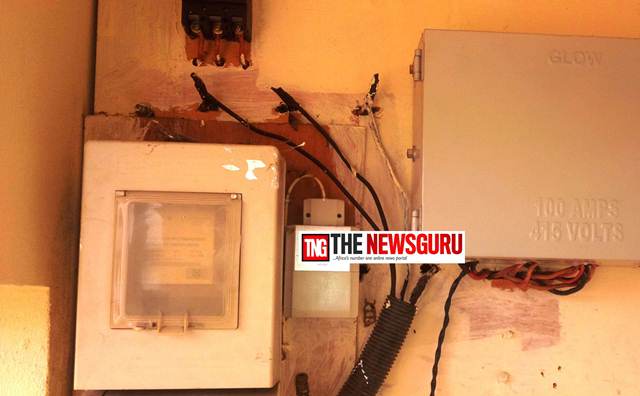Ikeja Electric Plc (IE) has conformed to Abuja Electricity Distribution Company (AEDC) and announced the introduction of a new tariff regime known as service reflective tariff.
TheNewsGuru.com (TNG) understands there will be a marginal increase in the cost of electricity per kWh with the new tariff regime, and IE on Friday, as with AEDC, said it would begin implementation from July 1st.
The electricity distribution company made the announcement in a statement signed by its Head of Corporate Communications, Mr Felix Ofulue, but the Nigerian Electricity Regulatory Commission (NERC) was yet to respond to enquiry.
Ofulue said the new tariffs, which are service reflective, are end-user rates to be paid for electricity based on the level of service (including availability and reliability) provided to a cluster of customers.
He said: “This is in line with our Performance Improvement Plan (PIP) across the entire network in the coming months and years.
“The different service levels to all categories of electricity consumers will also be accompanied by a change in tariff which has taken into cognisance changes in macroeconomic indices in the country.
“This will enable all the market players (Generation, Transmission, Distribution and gas suppliers) in the Nigeria Electricity Supply Industry cover cost of their operations and ensure improved service delivery.”
According to him, the plan is for the sector to gradually make a transition to a full cost-recovery market where the cost of services provided will be fully recovered.
Ofulue said services were also expected to improve within a very short time in customer service delivery, infrastructural upgrade, metering and technological solutions.
He, however, said that this would be based on the level of investments that will be attracted, going forward.
“For the purpose of customer classification, customers will now be categorised into maximum demand customers (MD) and non-maximum demand (Non-MD) customers, and will no longer be the usual residential, commercial and industrial customer classes.
“All customers have now been clustered into different bands depending on the level of service currently being enjoyed.
“Customers who are in the higher band currently being provided with good electricity supply will be expected to pay the true costs of the services being enjoyed.
“Customers who are within the lower band and are not receiving optimal services will be expected to pay a much lower tariff pending improvements in services and the movement to a higher tariff band reflecting improved service delivery, ” he said.
Ofulue said that IE remained committed to bridging the metering gap and reducing the incidence of estimated bills.
“In recent times, we have doubled our efforts to realise our objective of metering our unmetered customers within the shortest possible time.
“We also note that complaints resolution by customers have been a concern in the past but this is set to improve as we move forward with this new tariff regime
“Lastly, this tariff implementation is subject to the approval of the regulator but it is necessary for performance improvement expected by customers,” the IE spokesman said.

